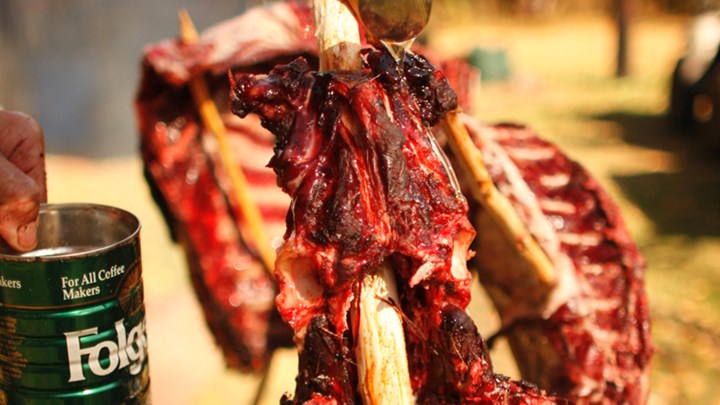
by Tom Keer - Tuesday, January 29, 2019

It may floor you as it did me, but one of the fastest growing groups of new hunters are “hipsters.” Groups tied in to the R3 movement—recruit, retain and reactivate—promote this new-ish demographic to help popularize hunting, and I say the more the merrier. But despite hearing the term hipsters, I didn't know much about their characteristics other than that they were young city folks. Then I came across a Wall Street Journal article published on Jan. 9, 2019, that prompted me to do some research on this growing group of sportsmen.
Come to find out, hipsters are in search of organic, sustainable meat. For the most part, they live in gentrified urban or suburban areas. The East and West coasts have the highest hipster densities, with some pockets being so focused that in 2018 the British marketing firm MoveHub created a global index showing where hipsters live: Portland, Ore.; Salt Lake City, Utah; Seattle and Spokane, Wash.; Orlando, Fort Lauderdale and Miami, Fla.; and New York City and the surrounding Westchester County suburbs.
These areas provide hipsters with the ability to stay up to speed on current fashion and cultural trends. They favor alternative lifestyles, electronics, plaid shirts and tattoos. While they prefer to drink craft beers they also like Pabst Blue Ribbon because it's somewhat of a throwback brand carrying lesser awareness than Budweiser. Hipsters do not want to be confused with another demographic: the lumbersexual, a young urban man who cultivates an appearance and style of dress suggestive of a rugged outdoor lifestyle. While both wear plaid shirts, wax their beards and cover their bodies in ink, they prefer their own position. While hipsters do conform to a particular style, they don't like to be classified as conformists. In order words, they prefer to conform to non-conformity.
I think I get it.
By and large, hipsters are pacifists. They don't like war, and they prefer to talk through issues rather than to fight. Most come from non-hunting families, which means that their odds of learning to hunt by traditional means is unlikely. Hunting isn't directly in their blood the way it was with those in their grandfather’s and father’s generations. From the outside, one might expect hipsters to pursue activities such as practicing reiki or yoga.
So all of this makes me wonder: Why are they taking up hunting? Why not engage in a non-consumptive sport like hiking or bird watching? It's simple. As noted above, hipsters like organic food. Of greater importance is that they are part of the locavore movement, in which they not only harvest their own food but also seek to understand where it came from and how it reached their dinner plate. Their urban/suburban homes are in close proximity to rural areas, and if they're not, hipsters take advantage of the next best thing: a flight to a place that is.
Some savvy hunting groups are recruiting hipsters from farmer's markets and fresh food co-ops. Their primary message begins with a solutions-based answer: If you want to harvest your own meat, then go hunting. The important part is that the focus is different. Words like killing, hunting and shooting carry negative contexts. Hipsters find “harvest your own local meat” far more palatable. After a thorough introduction that results in taking a hunter safety course and earning a hunter safety card and a hunting license, hipsters need to be mentored in the next step. Learn-to-hunt classes, which are mentorship programs that involve going on a hunt organized by others are up their alley, and hipsters will travel to participate in them—especially if other students are like-minded hipsters. This form of continuing education in the woods—with ethics and woodsmanship and learning how to clean harvested game—is a must. It's the same structure we seasoned hunters used back in the day with our grandfathers and fathers, but now it's organized. And it works.
Whether hipsters choose to enjoy hunting suburban whitetail in the swath of land between a cluster of box stores close to home or fly to a destination to join fellow hipsters on a hunt, these young sportsmen are spending time and money to go hunting. And they're hunting in the woods instead of harvesting animals on a video game. As more and more hipsters join our hunting ranks, we all should do our part to help them on their way to becoming safe, knowledgeable and experienced hunters.
E-mail your comments/questions about this site to:
[email protected]
Proudly supported by The NRA Foundation and Friends of NRA fundraising.
